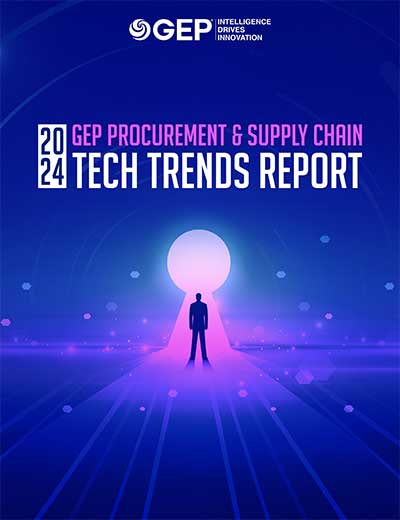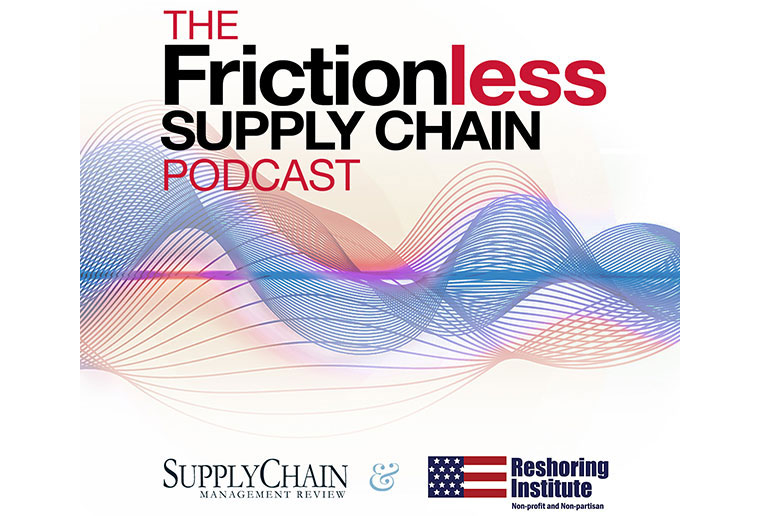Exploding hoverboards have been in the news lately, especially as these boards were very popular as holiday gifts. A number of incidents of the boards exploding or catching fire has led to retailers including Amazon.com and Target to stop selling them before Christmas, and are telling consumers to trash them. Several commercial airlines have banned them aboard their aircraft. Some cities have banned them from roads and sidewalks.
They are pretty cool, though, as long as they don't burn your house down or injure someone.
So what happened in the production of these items to make them so dangerous? In the reported incidents, it was the lithium ion batteries in the hoverboards that caught fire. The science about the actual combustion process is pretty clear about what happens when a battery is defective. We have seen this battery problem in the past with laptops and other electronics that include lithium batteries. We know they can be dangerous. What isn't so clear is the sourcing and manufacturing processes in China and how the defective batteries got into the hover boards.
Hoverboards are new and very popular products and this combination creates a frenzy of manufacturing activity at production sites in China. In fact, a quick search on Alibaba returns 74,403 manufacturers. The original boards may be patented and the batteries may meet safety standards developed a few years ago. But because of the popularity and the potential for high profits, knock-off brands quickly proliferate among the extremely competitive manufacturing community in China.
A knock-off hoverboard design may be slightly changed to avoid patent infringement. Raw materials for production are likely to be completely different from the originally designed products, including lower quality lithium batteries.
Cheaper knock-off products usually means cutting corners with raw materials and with processes in manufacturing to contain production costs. It is up to the buyer of these products to keep tight control and oversight of all the links in its supply chain and the quality of the manufacturing.
Because of the newness of the hoverboards, the US safety standards are not all in place yet either. US Customs may be allowing imports to enter the US based on safety standards for similar products. But that may not be good enough. Some manufacturers likely have certifications such as UL, for component parts of the board but not for the product as a whole.
The batteries that are used in production may be knock-offs, too. You cannot trust the so-called “top brands” to produce a safe product either. Because of high demand, top brands may be sourcing from multiple Chinese factories with limited experience and an array of tier two or tier three component suppliers. Control over multiple production lines at multiple factories is extremely difficult if not impossible when things are moving so fast. No agency is in control over the quality and safety of manufactured products for export from China.
Exploding hoverboards are a good example of what happens when we lose control of our supply chains and fail to oversee the sourcing and manufacturing processes. When this happens, you just may end up in court, or worse yet, with injuries or deaths. Our responsibility doesn't end when we send a purchase order to a supplier. We still have to carefully monitor our global supply chains.
.
SC
MR

Latest Supply Chain News
- Humanoid robots’ place in an intralogistics smart robot strategy
- Tips for CIOs to overcome technology talent acquisition troubles
- There is still work to do to achieve supply chain stability
- Blooming success: The vital role of S&OE in nurturing global supply chains
- Supply chain salaries, job satisfaction on the rise
- More News
Latest Resources

 Explore
Explore
Topics
Latest Supply Chain News
- Humanoid robots’ place in an intralogistics smart robot strategy
- Tips for CIOs to overcome technology talent acquisition troubles
- There is still work to do to achieve supply chain stability
- Blooming success: The vital role of S&OE in nurturing global supply chains
- Supply chain salaries, job satisfaction on the rise
- How one small part held up shipments of thousands of autos
- More latest news
Latest Resources

Subscribe

Supply Chain Management Review delivers the best industry content.

Editors’ Picks




